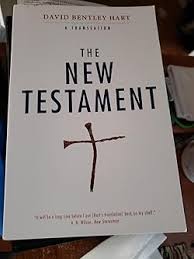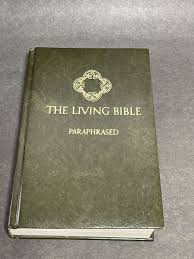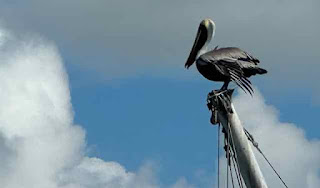In the 10th grade at Stoneham High School near Boston our biology teacher, Sonia Jones, told us "Never eat with dirty hands!" She explained all of the germs we were learning about would sicken and kill if we ate with dirty hands. She was six feet tall and had a regal way of speaking. Her advice was memorable.
That class was in the 1968-69 school year. Nine years later in the fall of 1977, my tank blew its engine in the early morning in the woods near the east-west border in Germany. My crew and I got down in a hull full of oil and readied the tank to get a new engine. Then we waited for the M88 tank recovery vehicle to show up with our new 1750 cubic-inch, twin turbo, V12 power plant.
We also had no food except our emergency rations. We had been in the woods for more than a month and had eaten most of the extra food we brought with us.
Several hours later the M88 showed up and we got a new engine. We were covered in grease and oil from the broken V12 diesel engine. Just before dark, the first sergeant showed up in a Jeep with the last remnants of breakfast in a Mermite can.
He had bacon and eggs and white bread. We all grabbed bread, scooped eggs and bacon onto one slice bread, made a sandwich with the other slice and started eating. I looked at the black fingerprints on my white bread slices and thought of our tall, stern biology teacher and how horrified she would be at our sandwiches.
I kept eating.
NB: I asked my classmates about the name of the biology teacher. I got five suggestions before Steve Burke identified her as Sonia Jones. We were sure of the ID because she had a unique way of sneezing: she sneezed ten times ina row with a sound like "wheeeeeeetz!" Thansk Stoneham High SchoolClass of 1971.






























